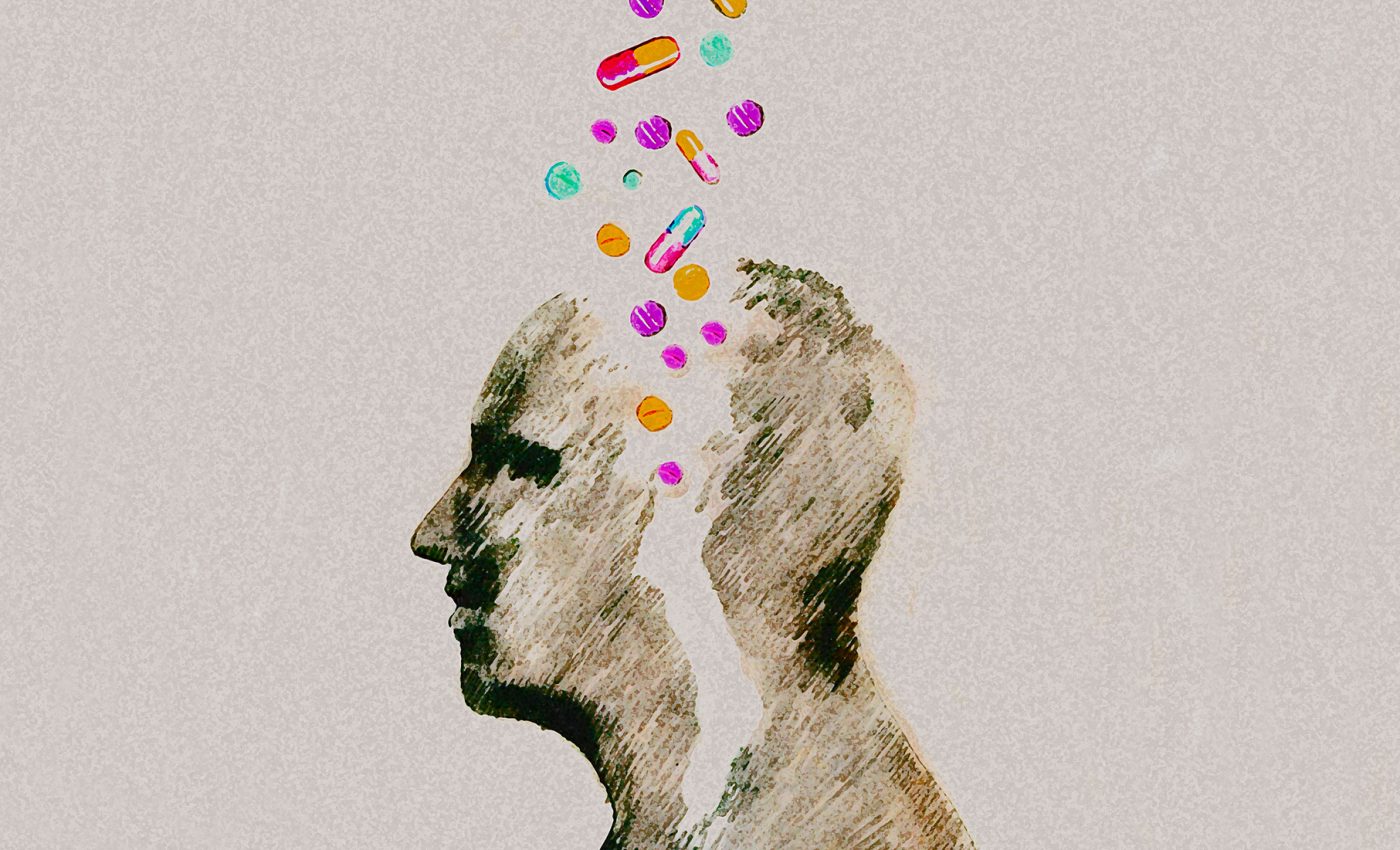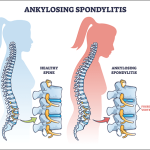Depression affects millions worldwide, casting a shadow over daily life and making even simple tasks feel insurmountable. It’s a condition that doesn’t discriminate, touching the lives of people across different ages, backgrounds, and lifestyles. Yet, despite its prevalence, each person’s experience with depression is profoundly unique. The path to managing and overcoming depression is not a one-size-fits-all; it’s a personal journey that requires compassion, understanding, and the right support. This article aims to shed light on that path, offering hope and guidance to those seeking to navigate the complexities of depression treatment.
Understanding depression is the first step in seeking treatment. Symptoms can range widely, from persistent sadness, lack of energy, changes in sleep and appetite, to feelings of worthlessness and thoughts of self-harm. Recognizing these symptoms as signs of a deeper issue is crucial in taking the initial step toward recovery. It’s important to acknowledge your feelings and understand that depression is a medical condition, not a weakness.
Seeking help is a sign of strength. It’s the pivotal moment when you decide to reach out for support, whether it’s talking to a trusted friend or family member or making an appointment with a healthcare professional. This act of reaching out is often the hardest yet most critical step on the journey to recovery. It marks the beginning of your path towards healing and finding the light amidst the darkness of depression.
The realm of Depression Treatment is vast and varied, offering several methodologies tailored to meet individual needs and preferences. Traditional treatment options include psychotherapy, medication, or a combination of both. Psychotherapy, or talk therapy, provides a safe space to explore the root causes of depression, offering strategies to cope with negative thoughts and behaviors. Medication, prescribed by a healthcare professional, can help manage the chemical imbalances in the brain that contribute to depression.
Beyond traditional methods, there are alternative Depression Treatment options that have proven effective for many. These include lifestyle changes, such as regular exercise, a healthy diet, and sufficient sleep, which can have a significant impact on mood and overall well-being. Mindfulness practices, meditation, and yoga are also beneficial in managing stress and depression symptoms. For some, exploring holistic therapies like acupuncture or herbal supplements offers additional support, though it’s essential to consult with a healthcare provider before starting any new treatment.
Technology has also opened new doors in the treatment of depression, with teletherapy and online support groups providing accessible options for those who may not have the means or desire to seek in-person help. Digital tools, such as apps designed to promote mental health and well-being, offer resources and support at the touch of a button. These innovative solutions complement traditional treatments, making it easier for individuals to find the support they need, when they need it.
Selecting the right treatment option is a deeply personal decision that should be made in consultation with a healthcare professional. It’s important to consider not only the effectiveness of each option but also how it aligns with your lifestyle, preferences, and overall health. Patience is key, as finding the right treatment, or combination of treatments, can take time. It’s not uncommon to try several approaches before discovering what works best for you.
In navigating the journey of depression treatment, it’s vital to build a support network of friends, family, and professionals who can offer encouragement, understanding, and guidance. Remember, recovery is a journey, not a destination. There will be challenges and setbacks, but with the right treatment and support, it is possible to reclaim your life from depression.
Depression may be a formidable adversary, but it is one that can be managed and overcome with the right approach and support. By exploring and navigating the various treatment options available, individuals can find the strategies that best suit their unique journey towards healing. The road to recovery may be winding, but it leads to a place of hope, resilience, and renewed joy in living. If you or someone you know is struggling with depression, remember that help is available and recovery is within reach.








